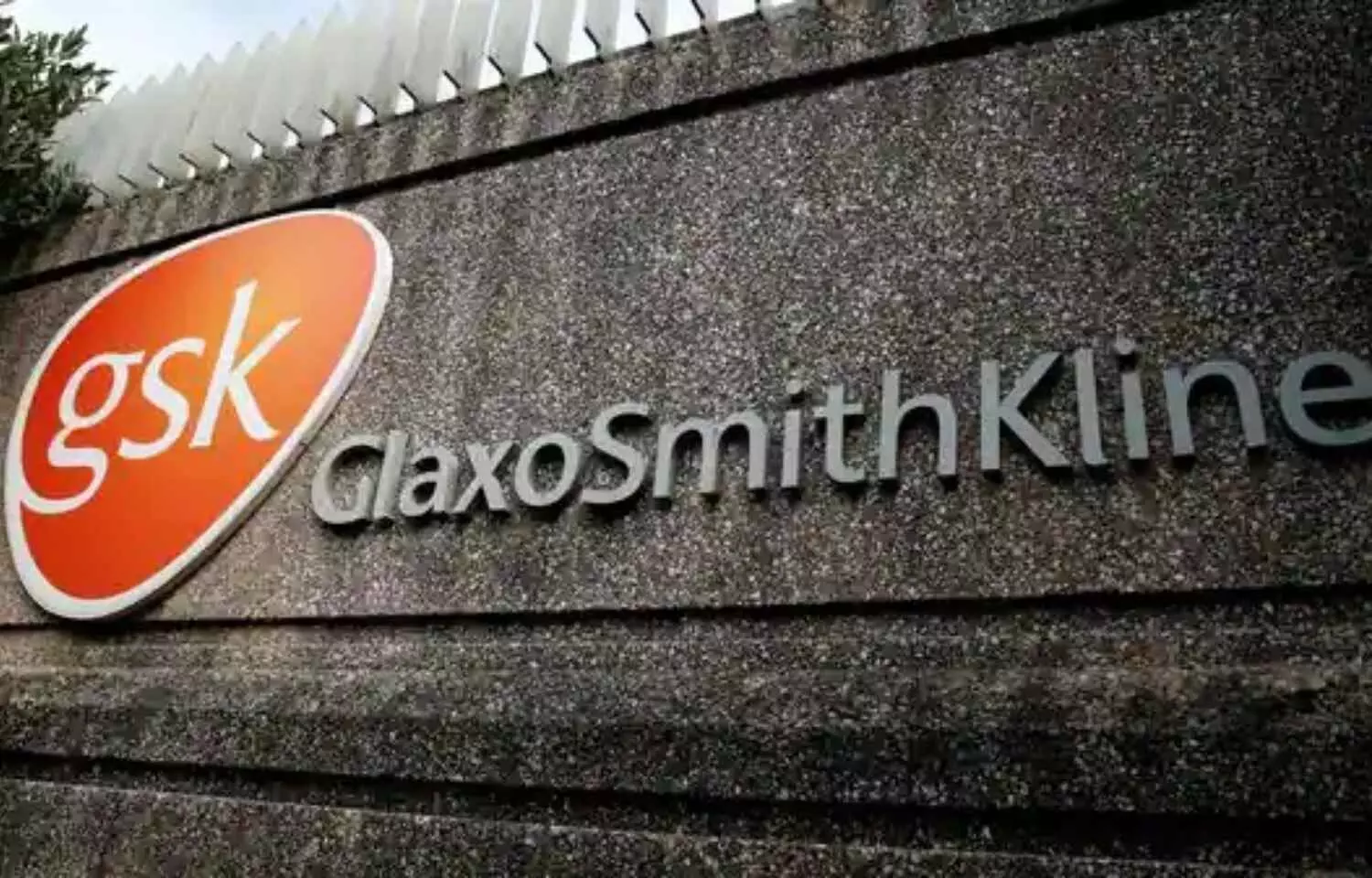GSK Blenrep combinations approved by UK MHRA in relapsed/refractory multiple myeloma

GSK plc has announced that the Medicines and Healthcare products Regulatory Agency (MHRA) has authorised Blenrep. In the UK, Blenrep is approved for the treatment of adults with multiple myeloma in combination with bortezomib plus dexamethasone (BVd) in patients who have received at least one prior therapy, and in combination with cplus dexamethasone (BPd) in patients who have received at least one prior therapy including lenalidomide.
Superior efficacy results from the pivotal DREAMM-7 and DREAMM-8 phase III trials in relapsed or refractory multiple myeloma support MHRA authorisation of Blenrep combinations. These include statistically significant and clinically meaningful progression-free survival (PFS) results for Blenrep combinations versus standards of care in both trials and overall survival (OS) in DREAMM-7. The safety and tolerability profiles of the Blenrep combinations were broadly consistent with the known profiles of the individual agents.
Joseph Mikhael, MD, Chief Medical Officer, International Myeloma Foundation and Professor, Translational Genomics Research Institute, City of Hope Cancer Center, said: “As patients with multiple myeloma increasingly receive combination therapies at diagnosis, treatment options available in the community setting that use different mechanisms like Blenrep are crucial to extending remission and ultimately survival. We are pleased to see this advancement in the treatment landscape extended across both academic and community settings where many patients are treated.”
Both DREAMM-7 and DREAMM-8 showed statistically significant and clinically meaningful PFS improvements for the Blenrep combinations compared to standard of care triplet combinations in the second line or later treatment of multiple myeloma. In DREAMM-7, the Blenrep combination nearly tripled median PFS versus the daratumumab-based comparator (36.6 months versus 13.4 months, respectively (hazard ratio [HR]: 0.41 [95% confidence interval (CI): 0.31-0.53], p-value<0.00001). DREAMM-7 also met the key secondary endpoint of OS, showing a statistically significant and clinically meaningful 42% reduction in the risk of death at a median follow-up of 39.4 months favouring the Blenrep combination (n=243) versus the daratumumab-based comparator (n=251) (HR 0.58; 95% CI: 0.43-0.79; p=0.00023). The three-year OS rate was 74% in the Blenrep combination arm and 60% in the daratumumab combination arm. In DREAMM-8, at a median follow-up of 21.8 months, the median PFS was not yet reached with the Blenrep combination compared to 12.7 months in the bortezomib combination.
Blenrep combinations consistently benefited a broad range of patients, including those with poor prognostic features or outcomes, such as high-risk cytogenetics or those refractory to lenalidomide. Both trials also showed clinically meaningful improvements across all other secondary efficacy endpoints, including deeper and more durable responses versus the respective comparators.
Eye-related side effects, a known side effect of treatment with Blenrep, were generally resolvable, manageable with extended time between infusions and dose reductions while maintaining efficacy, and led to low (≤9%) treatment discontinuations in both trials. The most commonly reported non-ocular adverse events (>30% of participants) in the Blenrep combination arm were thrombocytopenia (87%) and diarrhoea (32%) in DREAMM-7, and neutropenia (63%), thrombocytopenia (55%) and COVID-19 (37%) in the Blenrep combination arm of DREAMM-8.
Blenrep combinations are currently under review in 14 countries, including in the US with a Prescription Drug User Fee Act (PDUFA) date of 23 July 2025,6 European Union, Japan (with priority review), China (based on the results of DREAMM-7, with Breakthrough Therapy Designation for the combination and priority review for the application), Canada, and Switzerland (with priority review for DREAMM-8).
